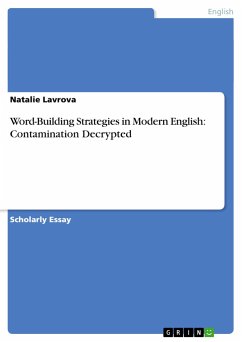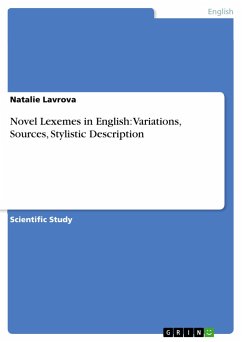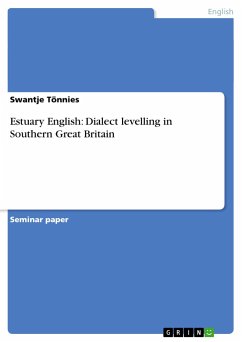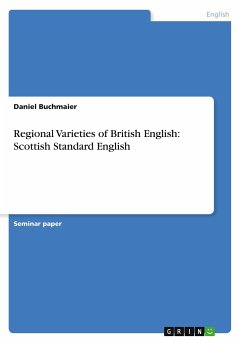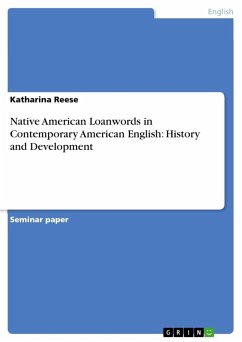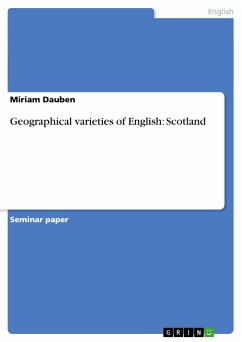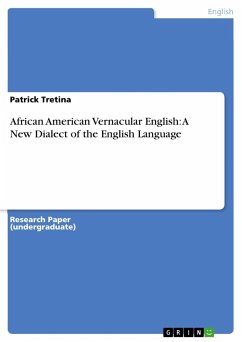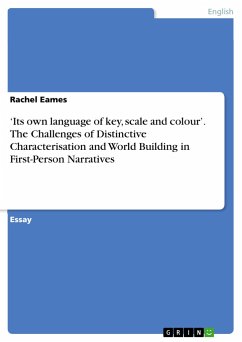Scientific Essay from the year 2010 in the subject English Language and Literature Studies - Linguistics, Moscow State Pedagogical University (Moscow State Pedagogical University), course: lexicology and stylistics, language: English, abstract: The course investigates some structural, semantic, stylistic and pragmatic specifics of contamination in modern English by comparing it with other word-building patterns - composition, derivation, combining forms and their multiple varieties. Contamination is currently made use of in different types of discourse - advertisements, periodicals, terminology. The aim of the selective course is multiple: first, to prove that contamination is losing its marginal status and is moving centripetally towards the centre; second, to compare contamination with other, contiguous and not, word-forming models; third, to propose a number of exercises that would increase students' awareness of such words. The ultimate aim is to dispel the skeptical attitudetowards such words by dint of showing that not all of them are facetious, superfluous or fancy. The course also aims to discuss the application of contamination in advertising and information technology. The intention of the author is to raise students' awareness of the genesis of an utterance. The book is meant for foreign language students, post-graduate students, who mean to link their research to word-formation, teachers of English, as well as for a broader audience of philologists and linguists.
Hinweis: Dieser Artikel kann nur an eine deutsche Lieferadresse ausgeliefert werden.
Hinweis: Dieser Artikel kann nur an eine deutsche Lieferadresse ausgeliefert werden.

